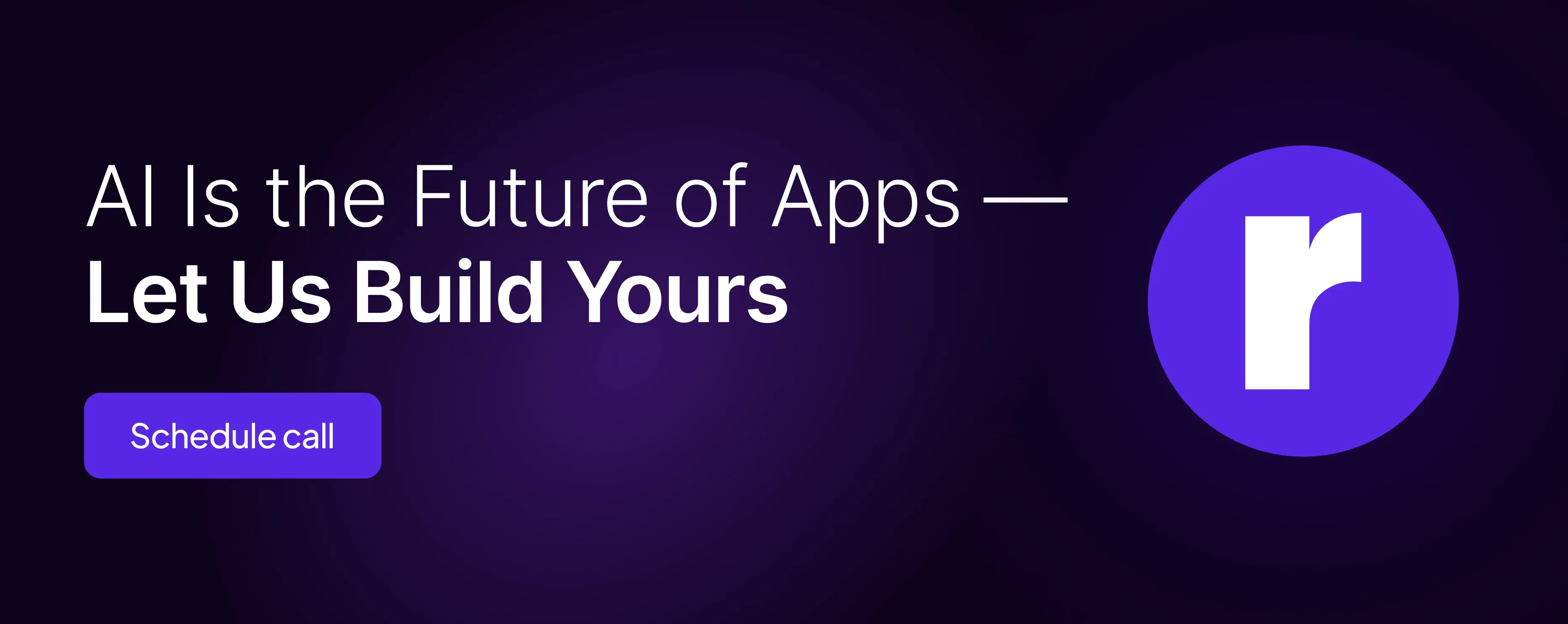How AI Is Reshaping Everyday Apps: From Chatbots to Personalized Feeds

Written by
Tarun Malik
Front End Developer
Mohit Bishnoi
Front End Developer
Table of contents
Build with Radial Code
Artificial Intelligence (AI) is no longer a futuristic buzzword — it's a key force transforming the apps we use every day. Whether you’re chatting with a virtual assistant, browsing your social media feed, or streaming your favorite series, chances are AI is working quietly in the background to enhance your experience. Let’s explore how AI is reshaping everyday apps and making technology more intuitive, personalized, and powerful.
Chatbots and Virtual Assistants
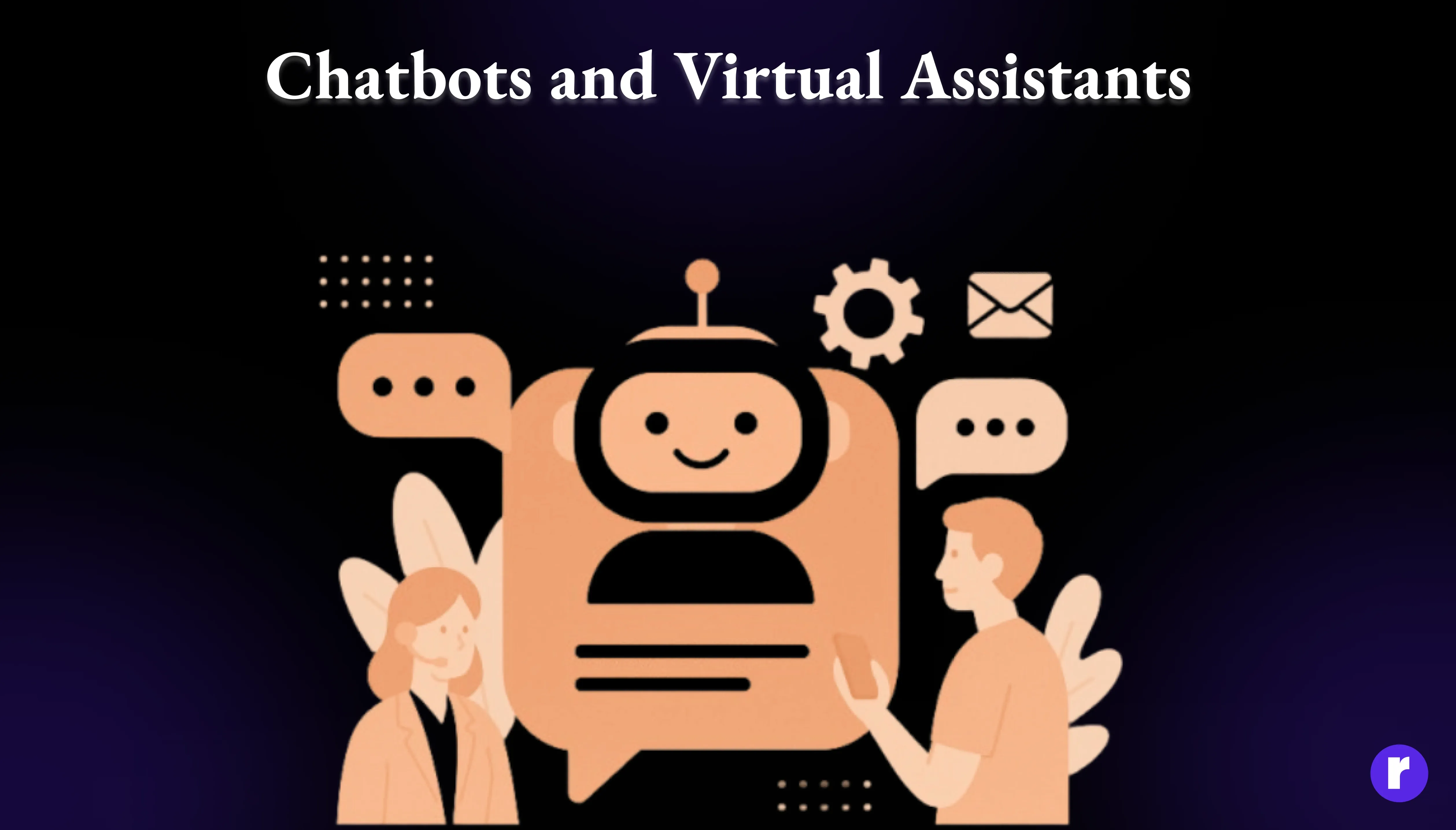
Gone are the days of rigid customer service scripts and long wait times. AI-powered chatbots are now integral to many websites and mobile apps, offering real-time assistance 24/7. These chatbots understand natural language, process queries instantly, and learn over time to provide more accurate responses.
Apps like Facebook Messenger, WhatsApp, and Slack integrate chatbots for customer support, booking appointments, or even ordering food. Virtual assistants like Siri, Alexa, and Google Assistant go a step further, managing calendars, sending texts, and controlling smart home devices — all with voice commands. From smart chatbots to personalized feeds — explore how AI is changing everyday apps on our Blog
Personalized Content Feeds
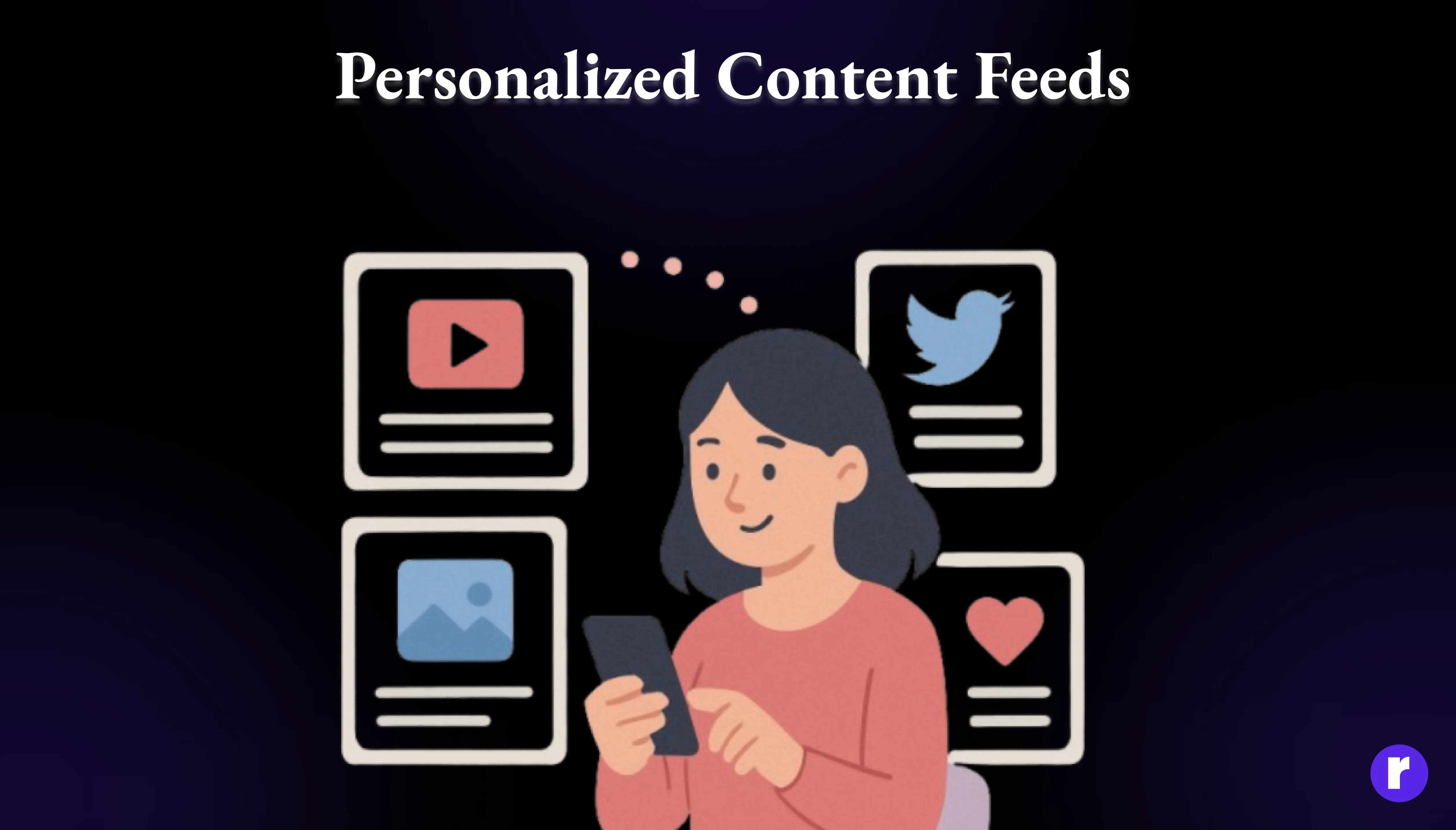
AI algorithms are the reason your social media feed feels so tailored to your interests. Platforms like Instagram, YouTube, and TikTok use machine learning to analyze your behavior — what you like, watch, skip, or share — to deliver content that keeps you engaged.
Streaming services like Netflix and Spotify also rely heavily on AI to suggest shows, movies, or playlists based on your preferences, making discovery effortless and enjoyable.
Smart Recommendations in Shopping Apps
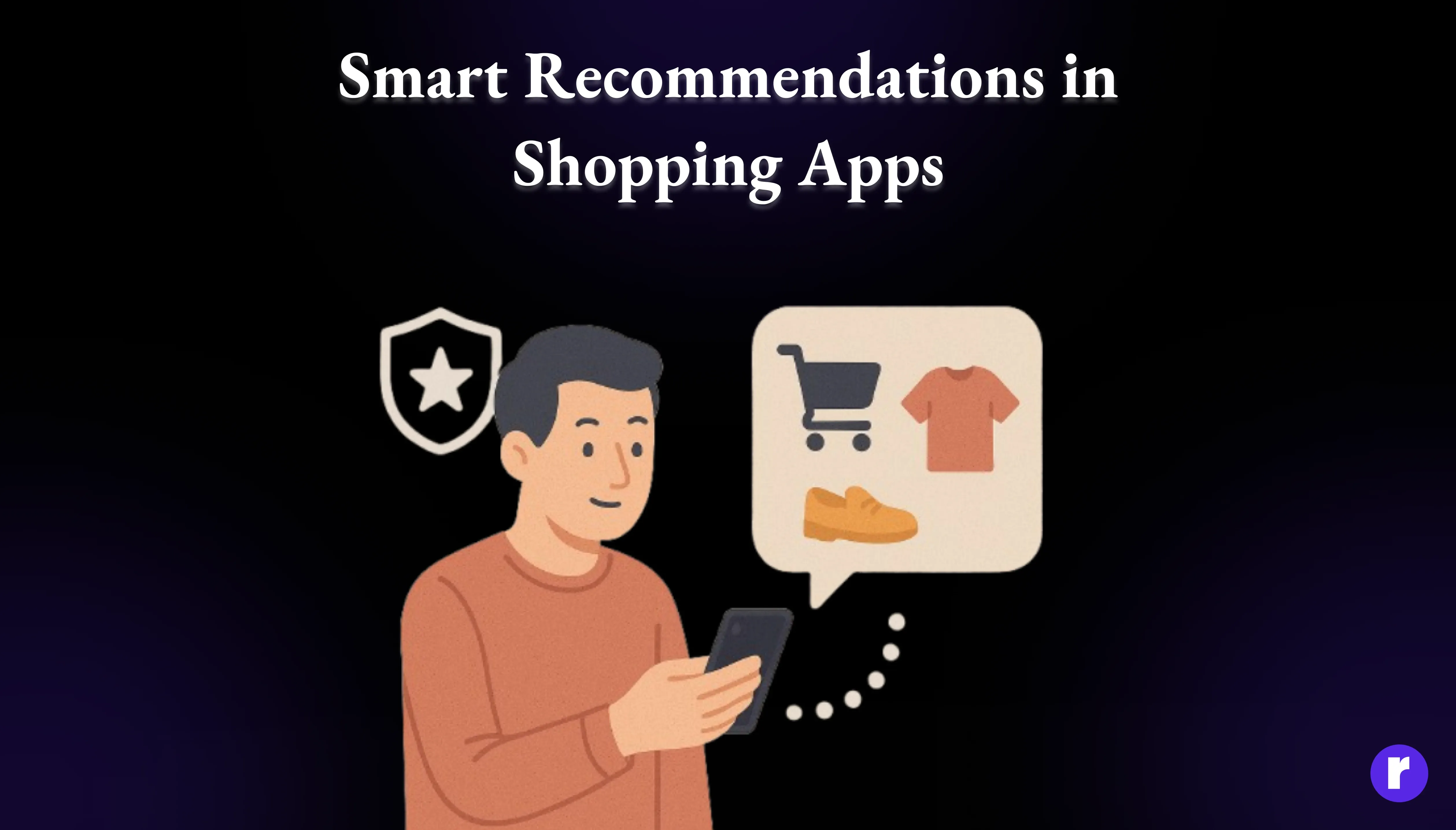
E-commerce platforms use AI to improve the shopping experience. When you browse Amazon, Flipkart, or eBay, you’re not just seeing random suggestions. AI curates your product recommendations by analyzing purchase history, browsing patterns, and what similar users bought.
Additionally, virtual try-on features in fashion and beauty apps use AI to let users preview how clothes, glasses, or makeup will look — enhancing user satisfaction and reducing return rates.
Real-Time Language Translation
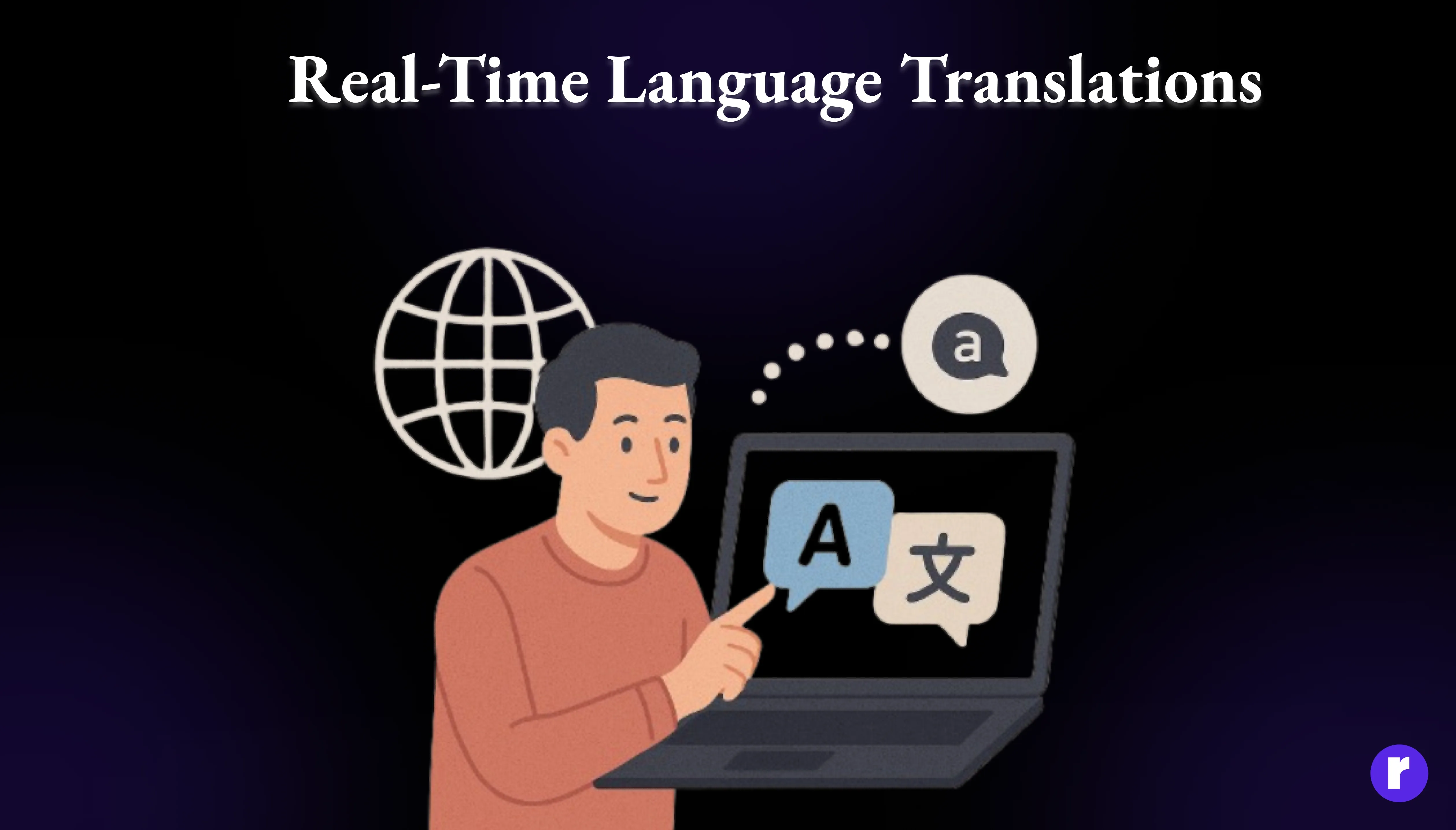
Apps like Google Translate, Duolingo, and Microsoft Translator use AI to provide instant and context-aware language translations. With improvements in Natural Language Processing (NLP), these tools now offer more accurate, conversational translations, breaking down language barriers in real-time.
Some messaging apps also integrate real-time translation to allow seamless communication between users who speak different languages.
Health & Wellness Tracking
AI is also at the core of many health and fitness apps. From smart wearables that track heart rate, sleep, and physical activity to mental health apps like Wysa or Replika that use conversational AI for therapy-like support — these technologies are making healthcare more proactive and accessible.
AI models analyze user data to provide personalized insights, reminders, and fitness plans tailored to individual goals and health conditions.
Smart Photography & Editing
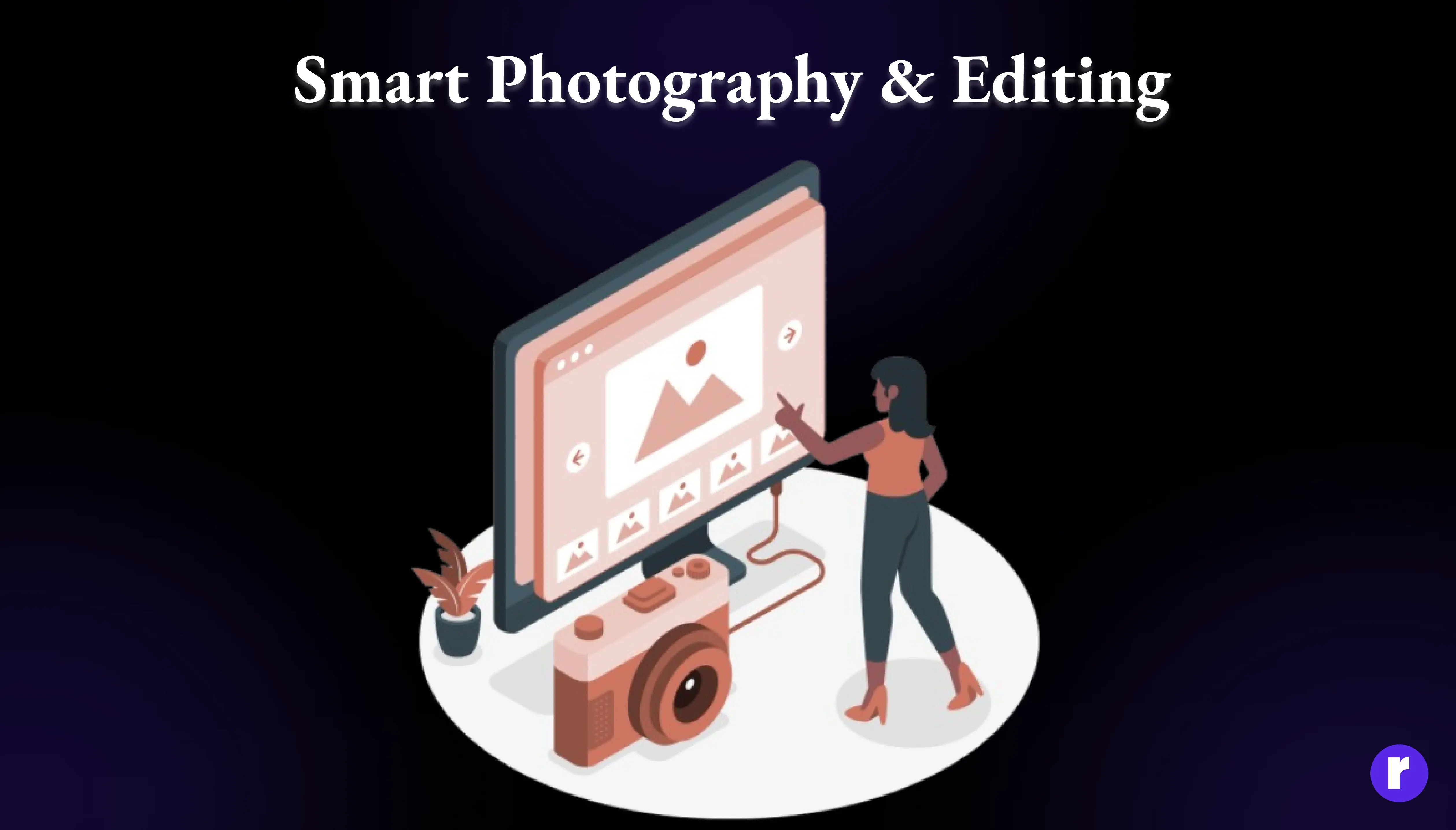
AI enhances mobile photography in surprising ways. Camera apps now include features like scene detection, portrait mode enhancements, and low-light correction — all thanks to machine learning. Tools like FaceApp, Snapseed, and Photoshop Express use AI to retouch images, remove backgrounds, or even age a face realistically with just one tap.
Security and Fraud Detection

AI is critical in identifying suspicious activity and enhancing app security. Banking and finance apps use machine learning to detect unusual transactions and prevent fraud. Biometric authentication (like facial recognition or fingerprint scanning) is also driven by AI, allowing safer, password-free logins.
Conclusion
AI is subtly but significantly transforming the way we interact with apps — making them smarter, faster, and more human-like. As AI continues to evolve, users can expect even more personalized and seamless experiences across every industry.
Whether you're a developer, business owner, or everyday user, understanding AI's impact can help you make better choices and embrace the digital future with confidence.
